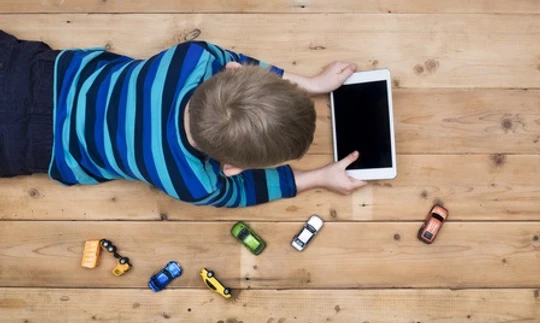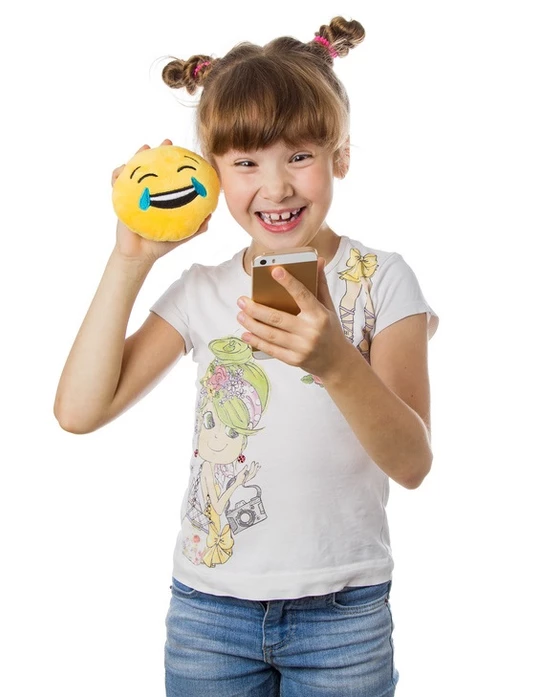Facebook is supposed to be closed to under 13s, just like many other social media platforms. But it doesn’t stop children from using them anyway and with an increasing number of online abuse cases involving children, it’s no surprise that they’ve all been under pressure to make their platforms safer.
Back in December, Facebook launched its latest product, Facebook Messenger for Kids. A secure messenger platform aimed at under 13s, created after 18 months of research in collaboration with National Parent Teacher Association and Blue Star Families from the military. The end product is fully compliant with Children’s Online Privacy Protections Act (COPPA) law and opens up a child-friendly edit of Messenger that parents can control. Facebook’s Loren Cheng, explains, “when we heard about the need for better apps directly from parents during research and conversations with parents, we knew we needed to develop it alongside the people who were going to use it, as well as experts who could help guide our thinking.”
At first glance, Facebook seems to have thought of everything, they’ve done their research and they’ve created a product they genuinely think will help connect children whilst protecting them from the risks of a complete Facebook profile. Facebook Messenger for Kids will work for under 13s if set up alongside an active profile from a parent, the parent then becomes the admin allowing them to approve who their children can talk to on the platform whether that be family members or school friends.

Facebook have also manually filtered GIPHY to ensure that only child friendly GIFs are available and have implemented a strong network for efficiently delaying with any reports, automatically filtering certain key words. However, although the app gives parents control over their children’s contacts and restricts the amount of content that children will access, parents will not be able to see the content of messages, relying fully on trust.
It seems that Facebook thought of almost everything, but it has not protected them from criticism. By the end of January over 110 children’s health advocates had asked Mark Zuckerberg to remove the app, “at a time when there is mounting concern about how social media use affects adolescents’ wellbeing, it is particularly irresponsible to encourage children as young as pre-schoolers to start using a Facebook product,” writes Susan Greenfield from Boston-based Campaign for Commercial-Free Childhood.
British Health Secretary, Jeremy Hunt publicly attacked the Facebook app, taking his outrage to Twitter stating, “Facebook told me they would come back with ideas to PREVENT underage use of their product, but instead they are actively targeting younger children. Stay away from my kids please Facebook and act responsibly!” at the time of publishing, Mark Zuckerberg had not given a statement in response to the international backlash.

It’s easy to worry about how children will misuse the Messenger for Kids app just as they do other platforms already, with increasing concerns around cyber-bullying and failing social skills, are we just presenting more obstacles for young people? Although a parent’s interaction is required to set up a profile, there is still a lot relying on good parent to child communication, which is never guaranteed to be perfect across the board. Josh Golin from the Campaign for Commercial-Free Childhood sums it up, “it’s galling to see Facebook target young children at a time when evidence is mounting that excessive social media use negatively impacts kids and teens’ wellbeing,” By encouraging children to interact more online and via virtual reality lenses, are we just making it more difficult for many children to learn how to interact in real life?
All eyes are on Facebook right now, as they continue to receive backlash over the new app. A recent report from Wired revealed that many of the experts Facebook consulted had previously benefited from financial gain from Facebook, “at least seven members of Facebook 13-person advisory board have some kind of financial tie to the company”, which makes you wonder, do they really care about connecting people? Or are they just in it for the money?
We are ready and waiting to hear what Zuckerberg and his team will say next when it comes to child safety, well-being and the future of Facebook products.



 February 20, 2018
February 20, 2018  Share This Post
Share This Post